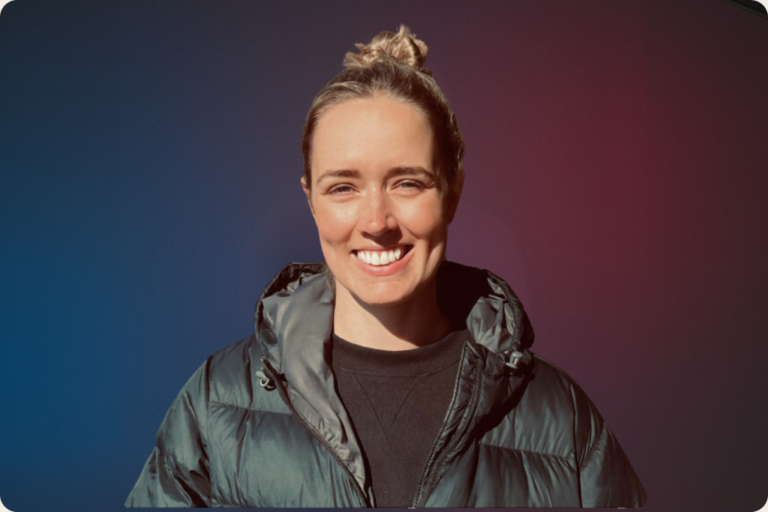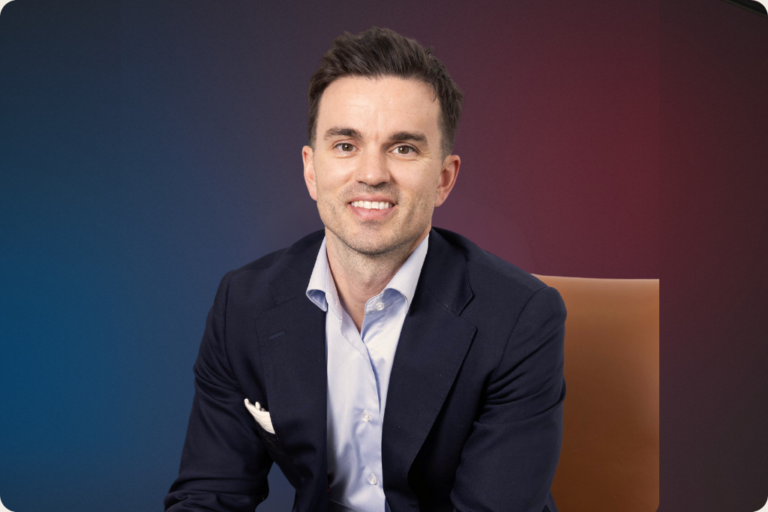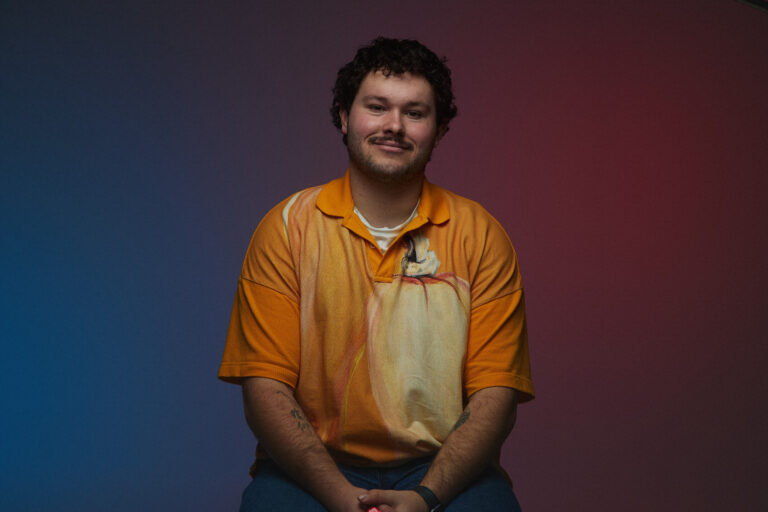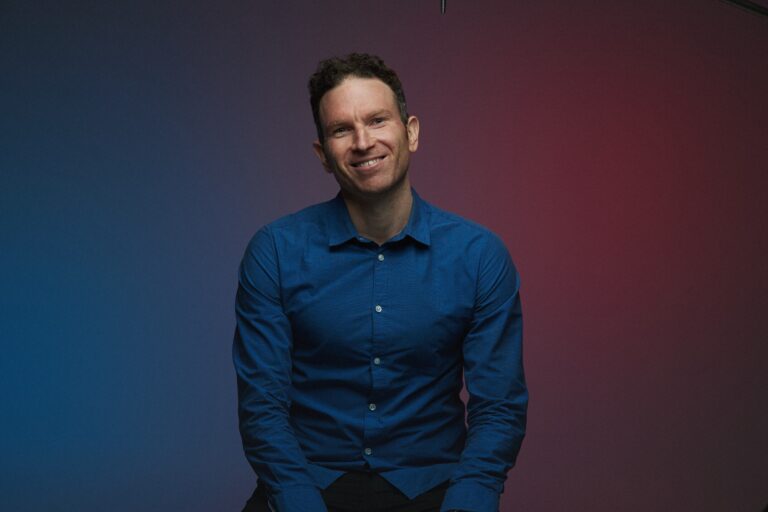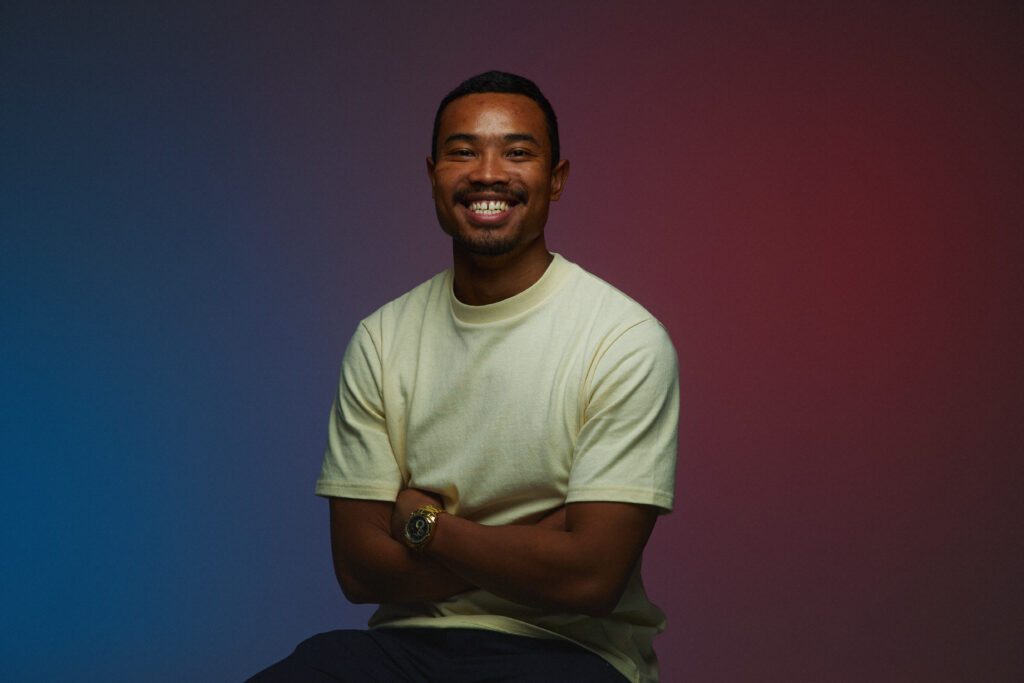Mobilise FAQ
Everything you need to know!
Don’t see your question here? Reach out or contact us through our socials.
Our goal at We Are Mobilise is to unite our generation to develop practical solutions for those suffering from homelessness across Australia. As a generation, we are aware and want to help, but often we are not sure how
that’s where Mobilise comes in.
The initial Mobilise outreach operations found that often, it wasn’t food or money that people on the street needed.
It was respect, dignity, and acknowledgement as a member of the society they live in.
The theme that rose, again and again, was isolation, as most people will walk past and ignore them.
For those struggling with homelessness, it is a case of “homeless, not helpless”.
We have the opportunity to help restore the dignity of people who are sleeping rough in our cities, and remind them that people do care. It’s often something as simple a smile and chat that can remind someone they are valued.
Outreach –
The core of our movement, Outreach, is where we provide functional care and assistance to those experiencing homelessness. We deliver care packages which contain hygiene and sanitary items, along with clothes and food, in a number of capital cities across the country.
At Mobilise, our point of difference is focusing on conversations, getting to know and understand our friends on the street. The care packages and items we provide are an icebreaker to creates our connections for change.
Direct Giving –
We Are Mobilise are excited to pioneer an innovative direct giving program, it is an Australia-first direct cash transfer program.
We will directly distribute funds to those who need it most. Alongside our partners, this program will provide employment opportunities and a holistic support network, serving as a platform for the next chapter in their life.
By providing monetary support during the program, We Are Mobilise can increase the chances of participants’ retention in the program pathway for 6 months. Money saved by participants during this time will be matched by us.
Conversations for change –
Through conversation and direct action, we strive to make sure people experiencing homelessness are heard in discussions about their future.
Elevating the voices of people experiencing homelessness is one of the over-arching goals we constantly strive to accomplish. We do this by offering trust, companionship and conversation to those on the streets. We also provide platforms to share those stories with our partnered organisations, and university networks.
The outreach itself is simple. You will head out on to the streets in small groups led by our Outreach Coordinators with pre-prepared care packages. When you find someone sleeping rough, ask if they would like a care package. If they say yes, take the opportunity to crouch or sit down (eye level with the person!) and start a conversation like you’re catching up with a friend. The care packages are just a method to break the ice, what we are truly offering is our time and attention.
We do this because we want to get to know the people we share our cities with and offer genuine connections to people experiencing homelessness. As we all know, sometimes it is the small moments, a good chat or smiles from someone that can lift our mood for the day.
Outreaches are made up of three things:
- Meeting up and Pre-briefing – A chance for all volunteers to meet at a central point, introduce themselves to the team. The pre-briefing outlines what to expect from the Outreach and volunteers may ask any questions they may have about the experience.
- Walking the Streets – The main portion of the Outreach, where we walk along the streets, stopping to have a chat with people we come across that may be experiencing homelessness.
- Meeting and Debriefing – One of the most important parts of the Outreach, where all volunteers and team leaders and given a change to reflect on their experiences and share stories with the team.
Speaking to someone who may be experiencing homelessness is no different from having a conversation with a friend at a party or bumping into someone at the shops. Initially, we were also apprehensive about what it may be like – the reality is, these people are just people like you and me.
Outreach is a great opportunity to:
- Humanise people sleeping rough & break down stigmas
- Give people a chance to share their story if they want to
- Acknowledge and validate experiences
- Gain insight into homelessness from those experiencing it
Outreach aims to be a safe environment. You’ll be with like-minded, caring people, part of a community committed to creating positive change.
You’ll never be expected to put yourself in a situation where you feel unsafe or at risk. You will be joined by more experienced volunteers, team leaders, and Outreach coordinators.
You won’t be expected to do anything more than show up with a smile and a positive attitude.
After our Outreaches, there’s always time for reflection on the conversations we’ve had. We discuss how we may use the lessons learned from our experiences and turn that into positive changes for the future.
While we can’t promise to fix the problems of the people we speak to because homelessness is so complex, we can help to connect people with services that can provide them with the support they need.
The care packages contain:
- Food, water, and hygiene products donated by Blessing Bags
- Donations of clothing from our awesome partners like Thread Together and Upparel
- Any other essentials that people need that we buy on the day.
People often feel uncomfortable approaching those who are sleeping rough, as they are unsure about what to do in this situation. We aim to help you positively engage with our friends on the street during your outreach.
All we ask is you show up with a smile, a positive attitude, and a willingness to learn.
It is important to remember:
- We’re all people
- Their circumstances do not define them
- To respect their boundaries
- They do not necessarily need unsolicited advice, often just a person to listen to their stories and acknowledge them
- Some would rather not talk, and that’s perfectly okay.
We have to be socially aware and actively listen to people on the street.
Some topics may be traumatic or taboo for that person to discuss, and it’s important to respond to cues including changes in voice and body language. Remember: if you’re ever unsure or uncomfortable, politely walk away, or talk to your team leader.
Striking up a normal conversation with people sleeping rough has the power to let them know they are valued members of society.
Every conversation is different and will flow to different rhythms.
Some ideas to start are as follows:
- How has your day been so far?
- Have you been around here for long?
- Do many people stop and chat?
- What has been the highlight of your week?
- Do you follow any sports?
- Do you have a favourite type of music?
It’s important to follow these key tips to help you strike up a conversation in a respectful and considerate manner.
- Ask them for permission: Before kneeling or sitting down, introduce yourself, ask if they would be comfortable for you to do so. “Hi, my name is ___ would it be okay for us to stop and have a chat?”
- Eye level: Get down to ground level as soon as you make eye contact with someone. It ensures you are speaking to them as an equal and not imposing on their personal space.
- Say hello: The universal language is a smile, give them out freely as give them a warm hello!
- Respect: Treat someone as you would like to be treated. Be friendly and compassionate.
- Body language & awareness: be aware of when the conversation should naturally end, say “thank you for your time” and move on.
It takes about 2 hours for a Mobilise outreach, including your time-out on the streets and a post-session debrief.
Of course, there are some people who are resting or not in the mood for conversation, the same as people you may meet in your everyday life. We have learned that as long as you treat people kindly and with respect, they are very understanding.
We have a policy at Mobilise to practice safety first.
we do this by not approaching people who appear affected by drugs or alcohol, for example. However, we are proud to say that we have never had to flee from a dangerous situation – people understand your intentions, and we are going out with the right intentions, so our work is generally appreciated.



